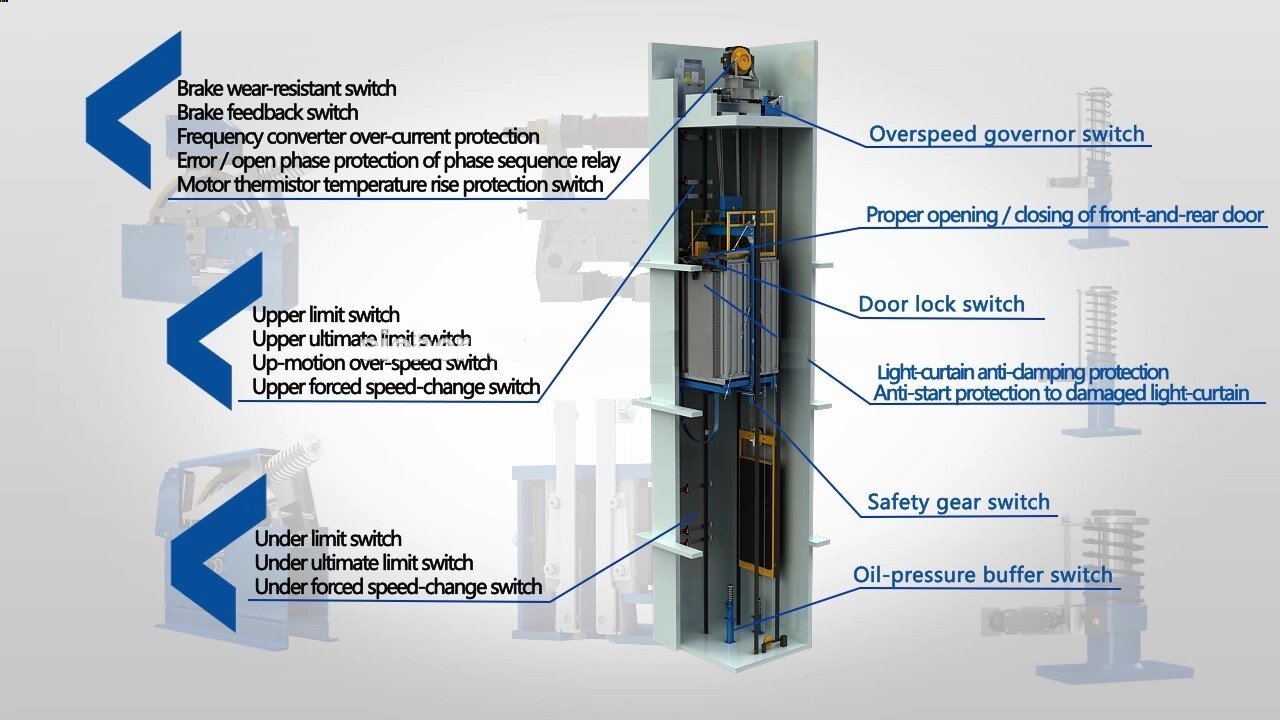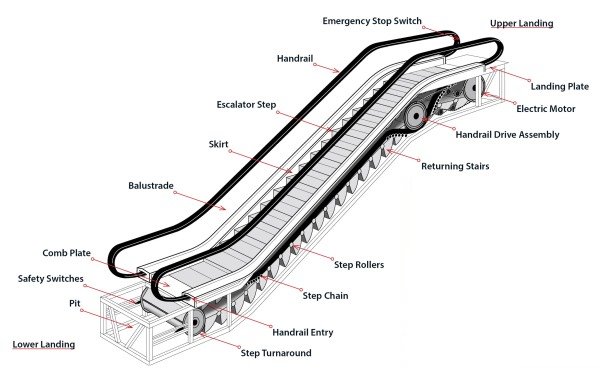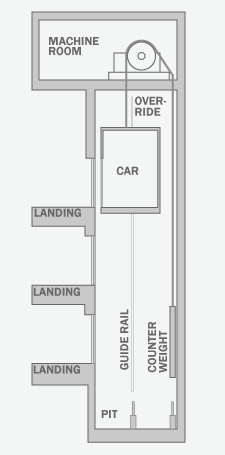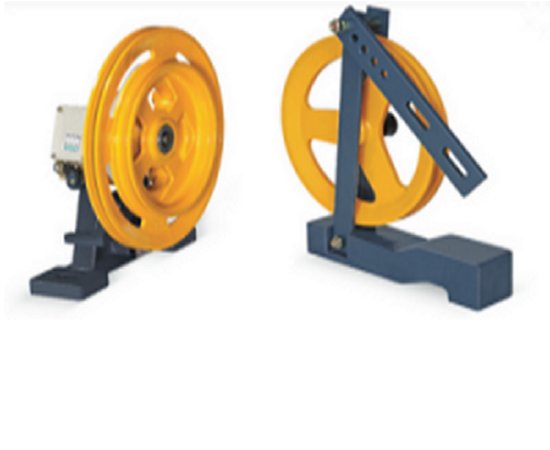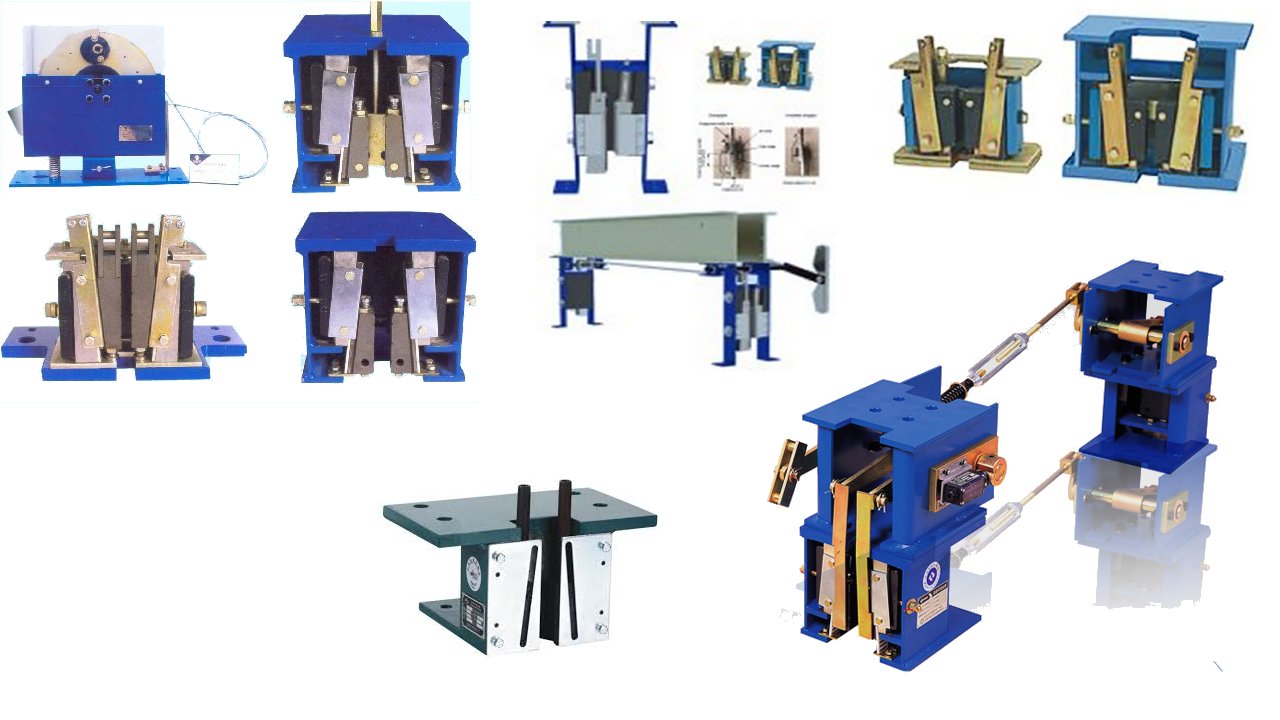Dear Respected Customers,
With reference to this subject i.e. Lifts/Elevators and Escalators we want to share something
with you which is
If we search with Google for "Lift/Elevator and Escalator
So we want to request you before choosing any product please be aware, be careful and having good knowledge of
lift/elevators. Here we are providing you certain information which is for your reference and knowledge. For this kindly go through the picture
given in this picture each and every details of a lift and Escalator installation is given.
As all of us know Not a single company is available which makes every component of an elevator or escalator in house.
Each and every company in the market choose or purchase some OR all components from others. That is why it is said that lift and escalator is a tailor made product.
1. A smooth and comfortable ride.
2. A Safe and Secure ride.
3. A product with longer service life.
4. A trouble free service.
If you are going to choose us to serve you or your organization then that should be our proud moment.
Thanks & Regard,

Nisit Kumar
C. E. O.
Abattis Trading and Services Pvt. Ltd.
